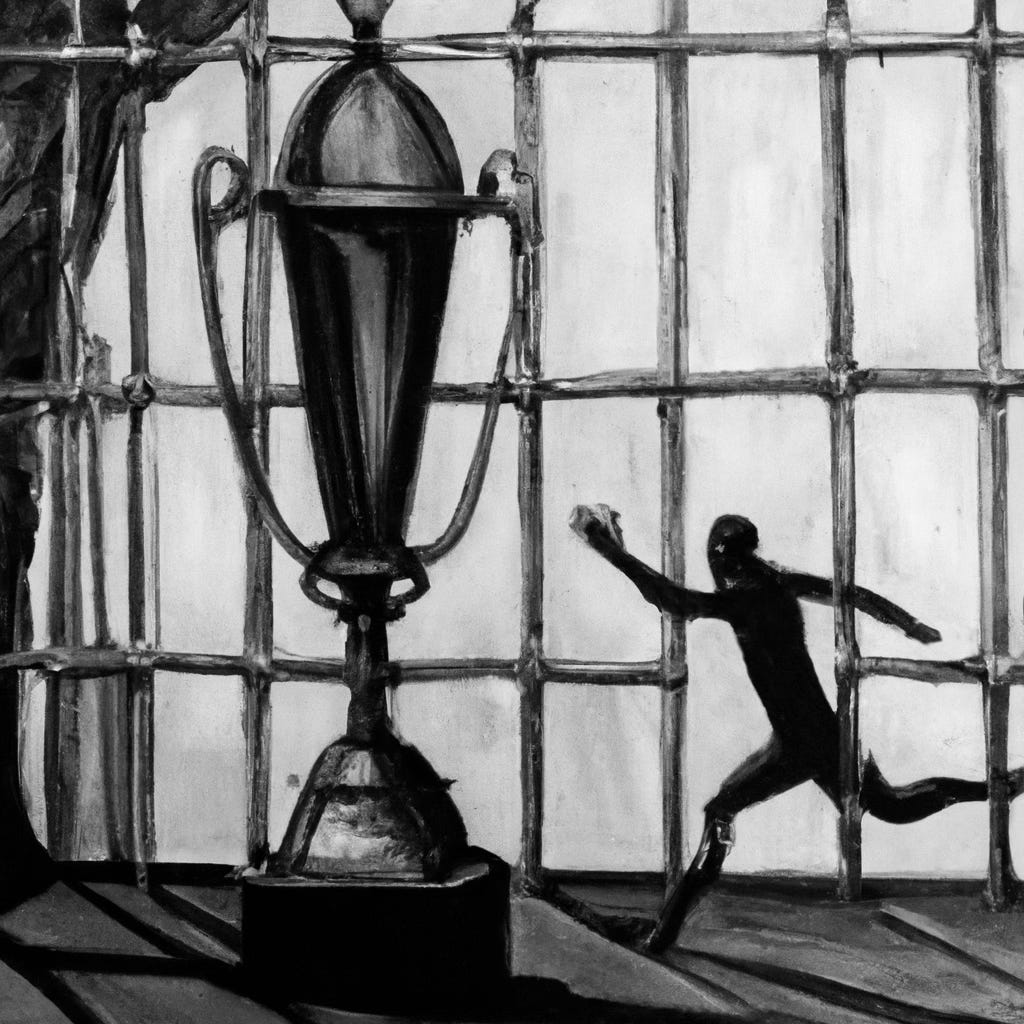Desire enslaves more easily than fear.
Desire is celebrated as the engine of progress, yet it also binds more than a command born of fear. Fear can restrict action, but desire manipulates direction, capturing the will from within.
Fear confronts the individual with external threats. It is visible, definable, and in many cases temporary. Once the threat subsides, the individual is free to choose again. Desire works differently. It infiltrates silently, appearing as choice while shaping the boundaries of choice itself. The individual believes to act freely, while in truth the act follows a preconditioned path. The pursuit of possessions, recognition, or comfort often feels voluntary, yet it is precisely these impulses that standardize lives into predictable patterns.
Keep reading with a 7-day free trial
Subscribe to TOMEK to keep reading this post and get 7 days of free access to the full post archives.

